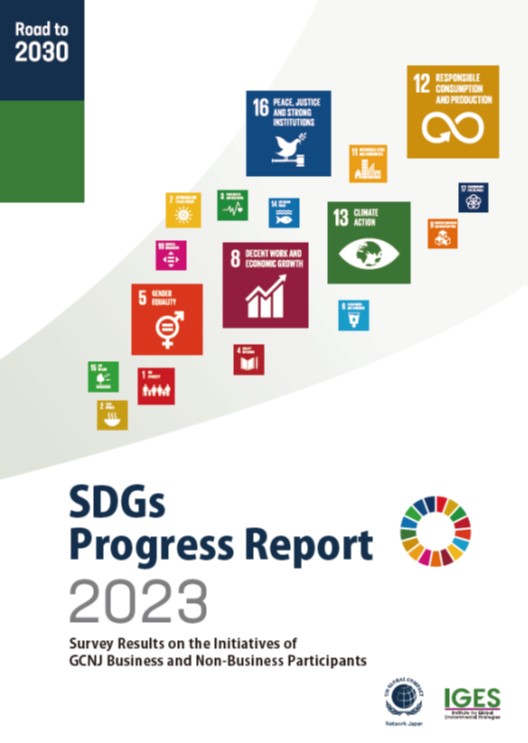In 環境経済・政策研究
本稿は,ガーナ,インドネシア,ベトナムの3 カ国でプラスチック汚染対策のためのステークホ ルダー協働の制度化に,「中心的なアクター」と しての役割を果たしたと考えられるナショナル・ プラスチック・アクション・パートナーシップ (NPAP)について,著者らが実施した調査・分析 に基づいている(Asokan et al., 2023).NPAPは, 世界経済フォーラムのイニシアティブであるグ ローバル・プラスチック・アクション・パート ナーシップ(GPAP)の一環として各国単位で形成 されたイニシアティブである.本研究の目的は, このNPAPの事例を通じて,プラスチック汚染対 策のステークホルダー協働の仕組みについて分析 し,現在合意に向けた交渉が行われているプラス...
Keywords:


